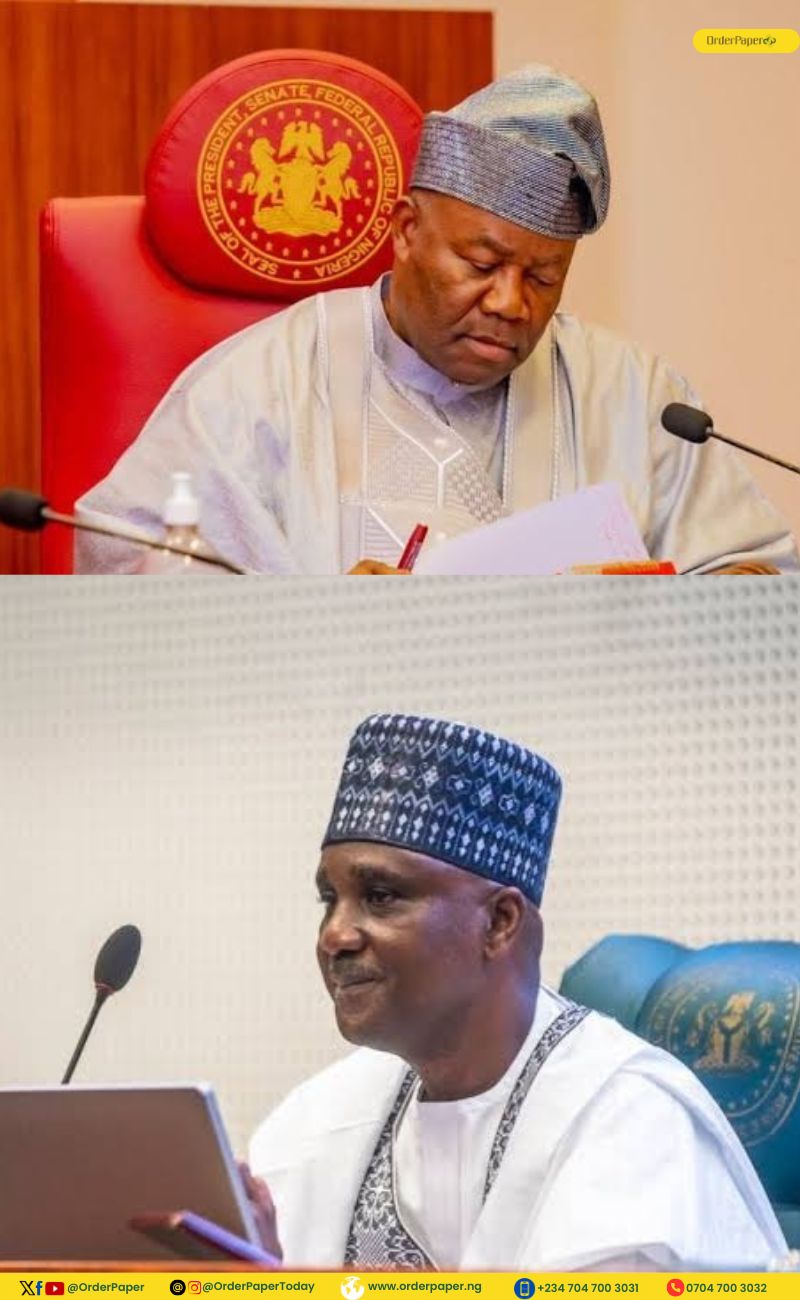The bill sponsor says that the programme would assist in addressing criminal activity and insecurity that resulted from unemployment.

The Senate has passed for second reading a bill seeking the establishment of a National internship and unemployment benefit scheme.
This followed the consideration of a bill titled, “A Bill for an Act to Establish National Internship and Unemployment Benefit Scheme and for other matters connected therewith, 2024″ sponsored by Senator Shuaib Salisu (APC, Ogun Central), who explained that the piece of legislation, aims to offer unemployed graduates in Nigeria some part-time jobs where they could gain experience and earn stipends.
Senator Salisu added that the bill intends to create a database of unemployed Nigerian youths, particularly graduates, with their respective disciplines and also establish a framework that will guide the provision of part-time jobs for youths while they search for full-time jobs.
He claimed that once the programme was in place, graduates would have hope and be able to get experience prior to finding a full-time job.
READ ALSO: Senate moves to increase ICAN council members to 36
The lawmaker also mentioned already-existing organisations like the Industrial Trust Fund (ITF) and the National Directorate of Employment (NDE), pointing out that their beneficiary outreach has been insufficient.
Opposing the bill, Senator Ahmed Wadada (SDP, Nasarawa West), claimed that it may not be the solution needed to tackle unemployment.
In his view, the priority should not be on unemployment compensation but rather on fostering an atmosphere that will allow the private sector to flourish and so create jobs
“If the environment is enabling enough to up to 10 Dangotes, the rate of unemployment will be reduced to the barest minimum. The emphasis at all times should be to create the needed enabling environment,” he said.
After passage for a second reading, the Senate President, Senator Godswill Akpabio, referred the bill to the Senate Committee on Labour and Productivity for further legislative actions and report back in four weeks.



